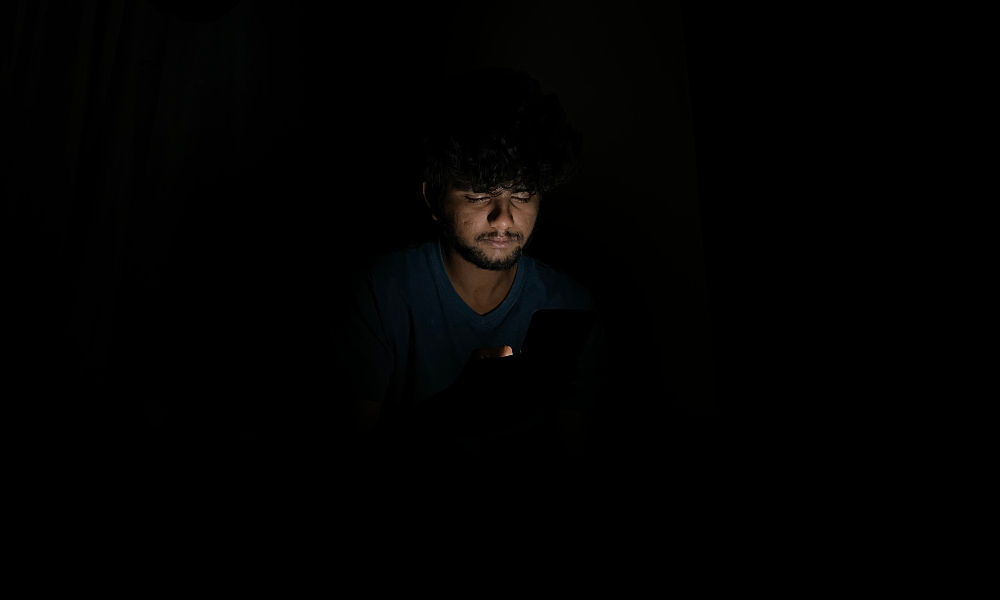55 percent of Indians are unable to get six hours of uninterrupted sleep
According to a study conducted by Local Circles in India, 55 percent of Indians are not getting six hours of uninterrupted sleep. The usage of mobile phones before sleep is one of the major reasons for sleeplessness.
Girish, a student who suffers from sleeplessness said that he usually went to bed around 2 a.m., but often struggled to fall asleep. He uses his mobile phone to pass the time, but this only seems to worsen the situation. When he finally closes his eyes, he feels like there is a light shining in the eyes.
People also say that work stress and deadlines on the job are other reasons for not getting enough sleep. Jyothi an employee in an IT company said “There is a lot of work and pressure in the company so, when I closemy eyes, work pressure fills my mind with deadlines and pending tasks, making it difficult to sleep.”
According to a study conducted by Sanjay V Deshmukh, a professor of Mumbai University on sleep deprivation, adults should sleep for seven to eight hoursto maintain good mental and physical health. Lack of sleep can lead to sleep disorders such as insomnia and sleep apnea.
Gouri, another student who is suffering from sleeplessness said, “To some extent, it affects almost all aspects of daily life. Personally, it takes me an extremely long time to fall asleep, and on an average, I can stay asleep for around maximum three hours. It is a pattern of disordered sleeping that in my case stemmed mostly from depression and post-traumatic stress disorder (PTSD). When it comes to academics and work life, productivity has been questioned.”
Kaashvi Sethi, a psychologistsaid, “Sleeplessness can manifest as difficulty in falling asleep at night, waking up during the night, waking up too early, not feeling well-rested after a night’s sleep, difficulty paying attention and focusing on tasks, or trouble remembering. The causes of insomnia are usually stress and anxiety. When it becomes chronic and starts affecting your daily routine, it is advisable to seek professional help. One should follow good sleep hygiene to avoid sleep deprivation, as lack of sleep can lead to several health issues such as higher blood sugar levels, liver problems, weight gain, and severe depression.”




